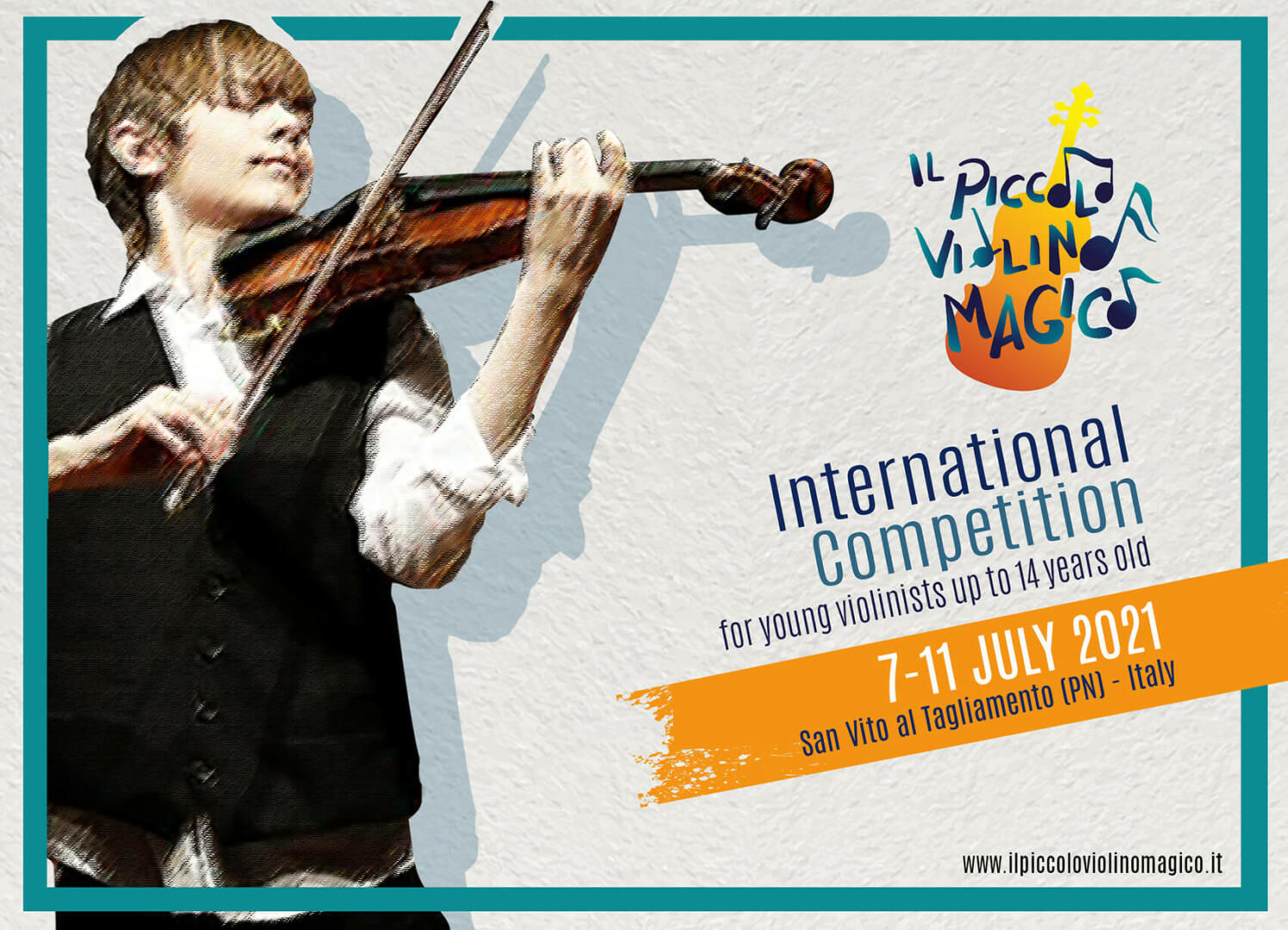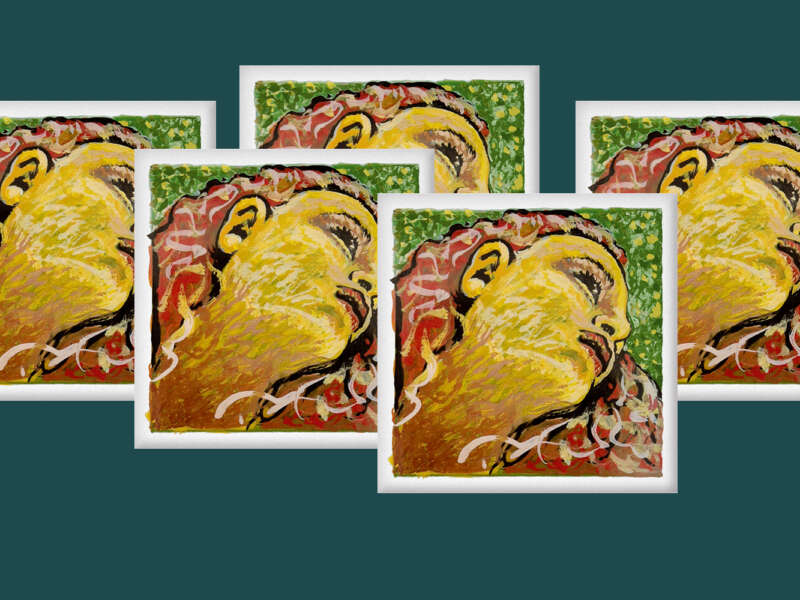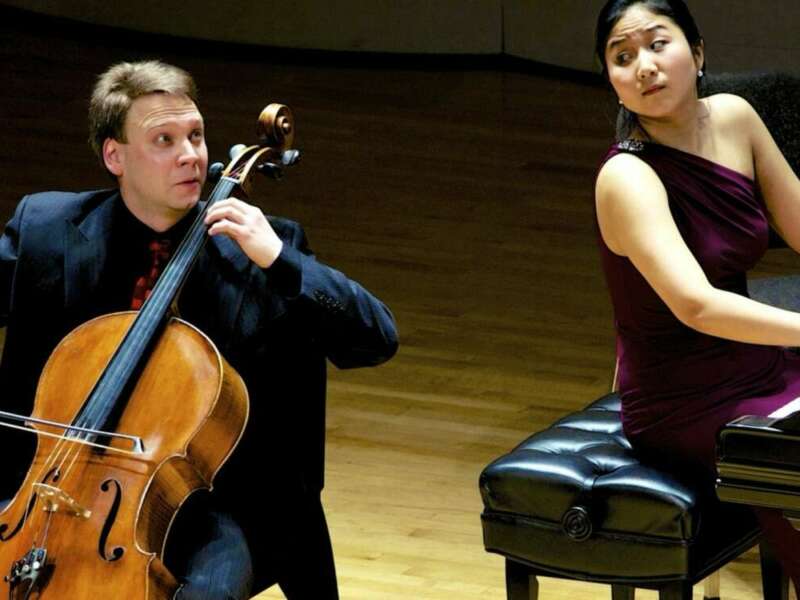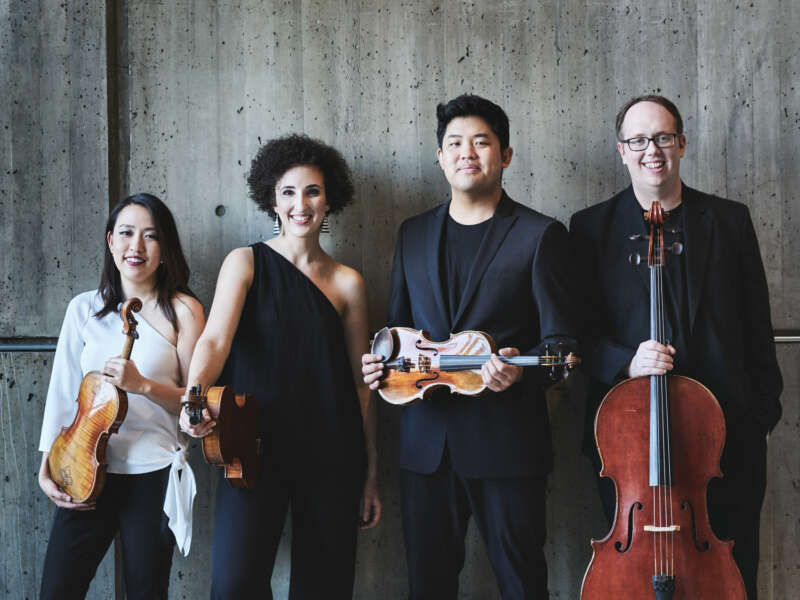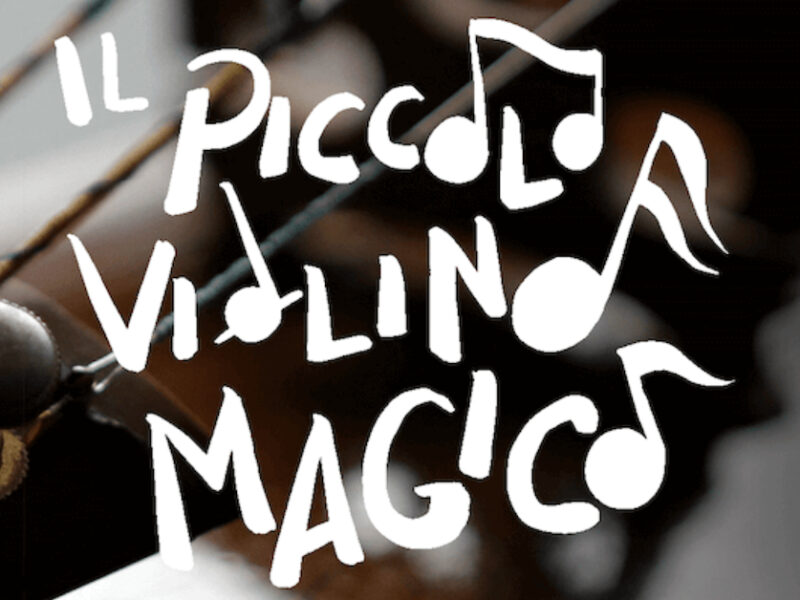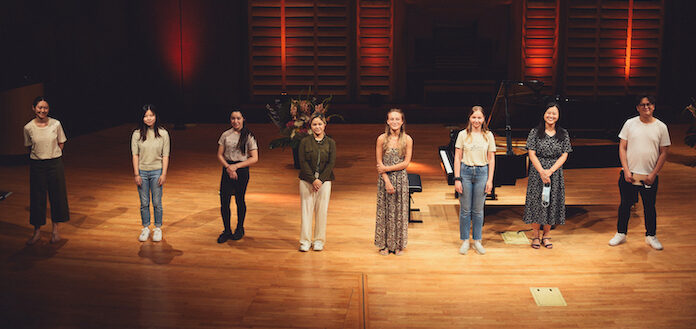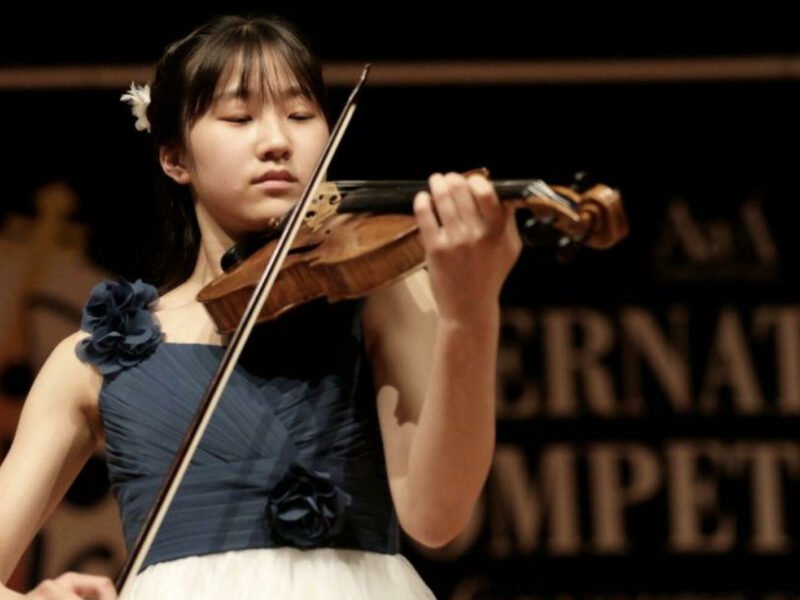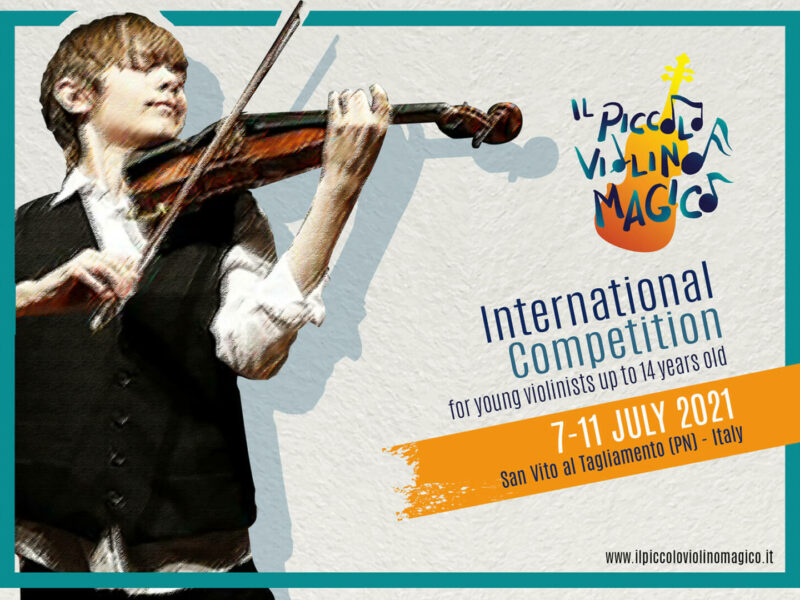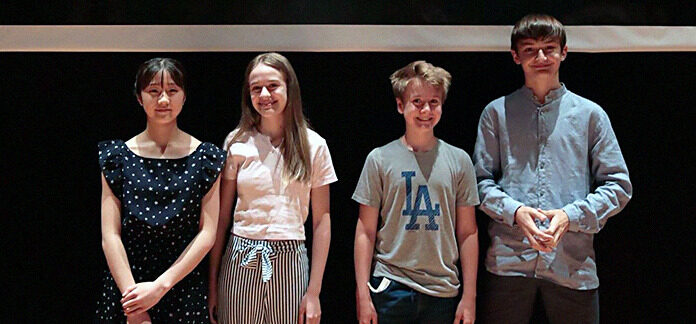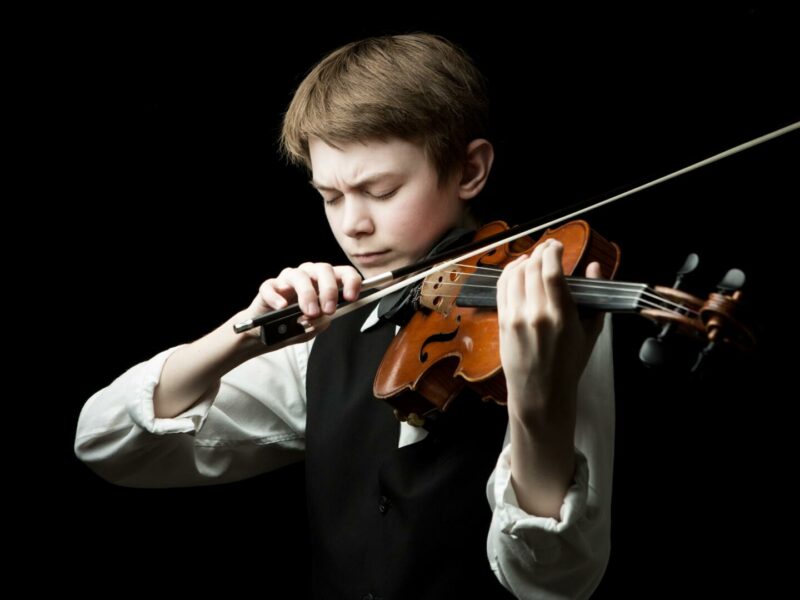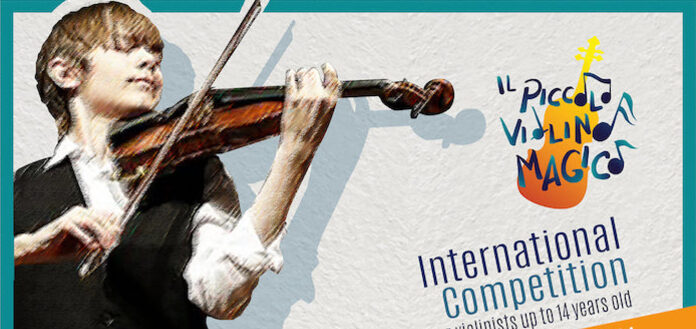VC INTERVIEW | Event Organizer Domenico Mason Discusses "Il Piccolo Violino Magico" Competition
Dedicated to violinists 9-13 years old, the competition will take place between July 7 and 11, 2021 in San Vito al Tagliamanto, Italy and will be streamed LIVE here on The Violin Channel
The Violin Channel recently sat down with Domenico Mason, Head of Organization of the “Il Piccolo Violino Magico” International Competition for Young Violinists.
Tell us about the Il Piccolo Violino Magico Competition. When was it founded and what is its core mission?
The first edition of Il Piccolo Violino Magico was held way back in 2006 in a small village called Portogruaro, Italy. However, for more than one reason, we didn't stay there long. In 2016 Il Piccolo found another location — the charming little town of San Vito al Tagliamento in the northern part of Italy.
Il Piccolo Violino Magico aims to become a model of a healthy, positive, top-level musical contest for young artists, offering them the great opportunity to perform with an orchestra during the competition rounds. And of course great prizes!
Why did you choose to focus particularly on young violinists, in the 9-13 age range?
I believe it is the most delicate and important phase in developing a young violinist's technical and musical skills. I would like to believe that the Il Piccolo Violino Magico competition does more than that. I really think children develop critical social skills and empathy through interacting with other children, while also learning the value of hard work and persistence that is so essential in the musical profession.
How does this competition differ from competitions for older violinists, outside of the obvious level and repertoire requirements?
For starters, we have two orchestras accompanying the candidates for entire rounds: the string ensemble of the Accademia Arrigoni will be on stage in the two first rounds while a symphony orchestra will play in the final.
Additionally, we understand that music education is very costly. Selected violinists are supported in the accommodation costs. This allows the arrival of young talented musicians from all over the world and from every social class.
Candidates who don't pass to the final are offered free masterclasses. They will also become part of the jury and get to play a wonderful concert! Lastly, during the competition, they will be performing a J.S.Bach double concerto with one of the jury members.
What do you think is the role of competitions in the development of a young violinist?
Firstly, allow me to define accomplishment not just as winning the competition, but as something the children can put their minds to and accomplish. That said, every single participant that will compete puts an extraordinary effort to prepare a program that is fit for a professional player.
They gain experience on stage — in this competition playing with an orchestra — learn new skills, make friendships, enjoy improved self-esteem, and learn how to lose gracefully. The key is to ensure that the atmosphere promotes constructive competition.
With this younger age group, what would you say the jury is looking for in its laureates? Is it about potential? Or is it about the present?
Competition, in my opinion, is about now. This is the difficulty in performance: it has to be right at this moment. But as they are so young, is quite impossible that jury doesn’t consider their potential too.
All three rounds will offer the opportunity for all candidates to play with an orchestra this year. Can you tell us about those ensembles and what experience will be offered to the candidates?
The first two rounds will be accompanied by string orchestra Accademia Arrigoni and the final by the symphonic orchestra FVG.
The ACCADEMIA D’ARCHI ARRIGONI was founded in 2009 and is aimed at young talents in the field of chamber music and orchestral music. It owes its name to composer Gian Giacomo Arrigoni (1597-1675) and is inspired by the great Russian violin school tradition. The youth Orchestra includes different winners of national and international violin competitions. It also holds outreach activities for younger generations of musicians, performing in Concert-Lessons at primary and secondary schools. It has had many concerts in Friuli Venezia Giulia and Veneto regions and has been invited to participate in numerous Festivals (Carniarmonie, Altolivenza Festival, Mittelfest and "Assisi in the World" Festival).
FVG Orchestra is born recently at the behest of the Friuli Venezia Giulia Region, in order to collect the musical heritage of a border area rich in musical traditions. Although recently formed, the orchestra has held concerts in Budapest, in the beautiful hall that was the seat of the Hungarian Parliament, at the Rossetti Theater in Trieste, the New Giovanni da Udine Theater, the Verdi Theater in Pordenone, the Verdi Theater in Gorizia, and throughout the FVG Region.
You mentioned that one of your goals is to spread Italian music and culture through this competition. Tell us more about this? And, why is this so important to you?
There is no need to remind ourselves about the musical history of Italy. Especially for violin history, Italy is its cradle.
The competition program includes Italian composers. Also, the first prize is a violin made by Italian violin maker Fabio Piagentini.
If you ever visit Italy you will never play dolce the same way as before. You will remember all the ice-cream flavors or jasmines filling the air with heavy perfume. When you see the marking, Allegro, you'll think of children rushing through the sunny piazza. I would like every participant who comes to Italy to take a full bouquet of best impressions and memories.
If we want to tune into and follow this year’s competition, how can we do so?
You can follow the competition streamed by The Violin Channel and on our YouTube channel "Il Piccolo ViolinoMagico"
july 2025
august 2025


